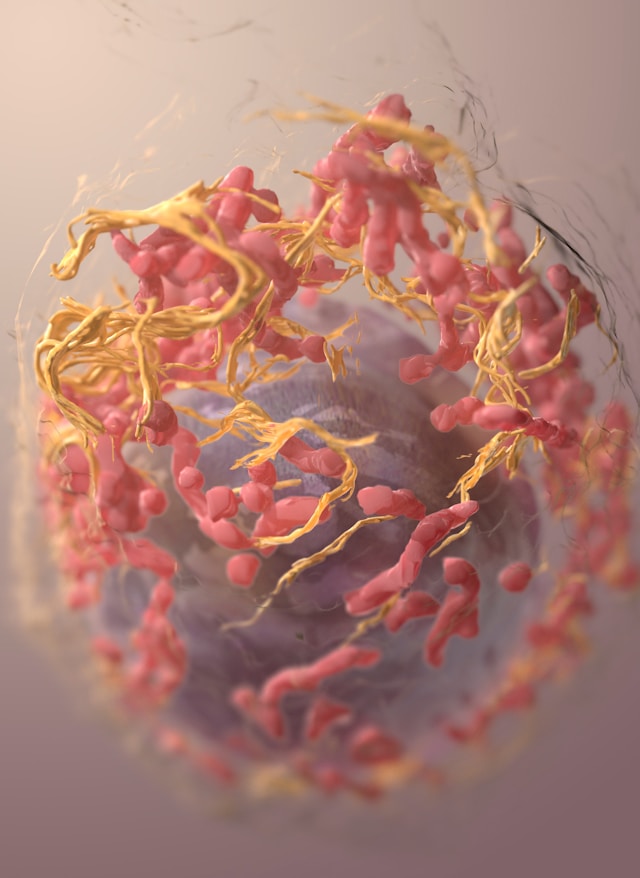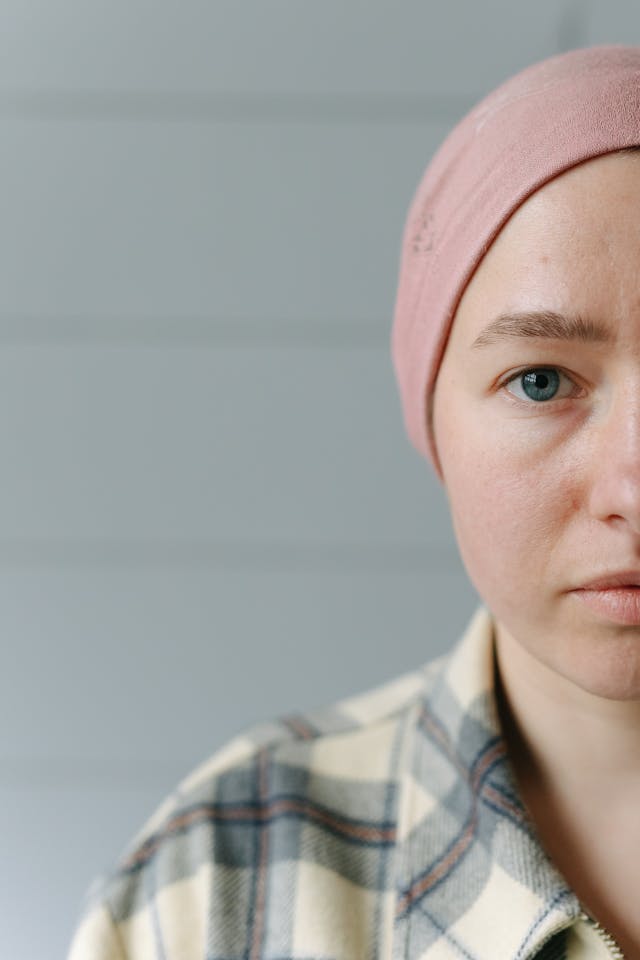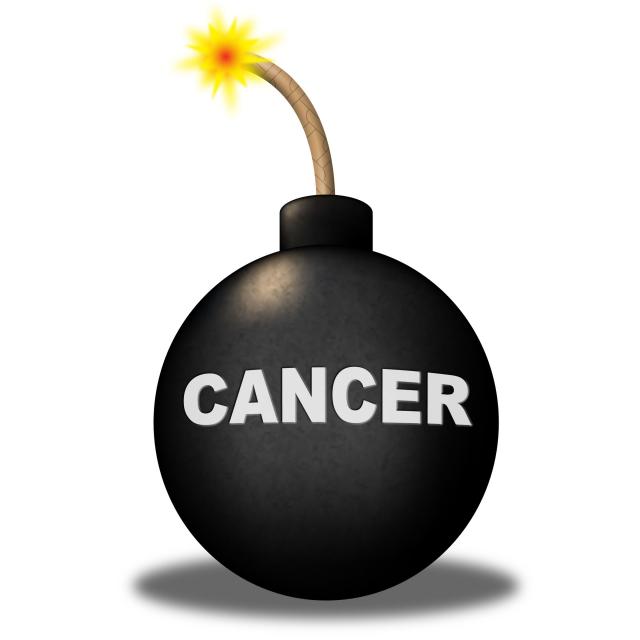Vulvar cancer is formed slowly over the years so symptoms vulvar cancer usually take a long time to appear. Mostly appear on the vaginal lips or the sides of the vaginal opening.
It is commonly formed as a lump or sore on the vulva that causes itching. It is mostly diagnosed in older adults but may occur at any age.
Vulva
The vulva is the external female genital organ. It includes the inner and the outer lips of the vagina, clitoris, urethral opening, vaginal opening, and the mons pubis.
Mons pubis is the rounded area in front of the pubis bones which is covered with hair at puberty. Symptoms vulvar cancer can appear in any part of the vulva, especially the lips.
Vulvar cancer
When we talk about cancer, the first thing that comes to your mind is the mortality rates and survival rates. Vulvar cancer is a rare cancer and survival rates from it are higher than other cancers.
Vulvar cancer is known as vulval cancer, cancer of the vulva, or vulva cancer which occurs in any part of the external female genitals.
Vulvar cancer like other cancers occurs when abnormal cells form and grow in the vulvar tissues. These tissues include several parts of the female genitalia:
- The inner and outer lips of the vagina.
- Clitoris.
- Tissues around the opening of the vagina.
- Urethra.

Types of vulvar cancer
Vulvar cancer mostly develops in the labia minora (inner lips), labia majora (outer lips), and the perineum (skin between the vagina and the anus).
Squamous cell carcinoma (SCC)
It is the most common type of vulvar cancer. It begins when the thin, flat (squamous) cells covering the vulvar change (mutate). This mutated cell multiplies quickly.
Melanoma (mucosal)
It is known to be the second most common type of vulvar cancer. It begins in the melanocytes ( cells that give skin its color) which are found in the lining of the vulva.
It typically presents as a pigmented lesion on the vulva. There is no relation with overexposure to UV radiation from the sun.
Bartholin gland carcinoma
It is originating from the Bartholin gland which is a small gland inside the vagina opening.
Sarcoma
It is a rare type of vulvar cancer. It begins in the cells in muscle fats and soft tissues including liposarcomas, leiomyosarcomas, angiosarcomas, rhabdomyosarcomas, neurofibrosarcomas, epithelioid sarcomas, and undifferentiated/unclassified sarcomas.
Basal cell carcinoma (BCC)
It is a rare type (uncommon) of vulvar cancer and begins in the basal cells in the skin's lower layer.
Paget's disease
This is a rare type of vulvar cancer that begins in the sweat or oil glands and may affect nearby tissues.

Signs and symptoms of vulvar cancer in female
Visual Symptoms vulvar cancer
Vulvar cancer usually doesn't have visible skin changes but it may be associated with various visual changes including:
- Lumps, swelling, or wart-like growth on the vulva.
- Skin patches in the vulva appear with a different color or texture such as thickened, or raised skin patches that may be red, white, or dark brown.
- Sores or unusual spots on the vulva.
- Change in size or shape of the vulva.
These visual changes don't always represent the symptoms vulvar cancer, they may be the symptoms of another condition.
Other early symptoms vulvar cancer
As vulvar cancer doesn't always companion to visual changes, you have to be aware of other early symptoms vulvar cancer such as:
- Persistent or intense itching.
- Pain or tenderness in the vulvar area.
- Pain or burning especially during urination or penetrative sex.
- Discharge or bleeding which is not associated with menstruation.
Causes and risk factors of vulvar cancer
The causes of vulvar cancer aren't clear, but certain females are more at risk of developing vulvar cancer than others.
Most cases of squamous vulvar carcinoma result from two main risk factors:
Human papillomavirus(HPV)
It is the most common sexually transmitted infection. Most of the females who are exposed to HPV can develop vulvar cancer years after exposure.
It takes a long time before symptoms vulvar cancer appear. HPV can lead to precancerous and cancerous vulvar lesions.
Chronic inflammatory or autoimmune process
Vulvar cancer may develop if you have a history of inflammatory vulvar conditions such as Dermatitis, Genital herpes, and Lichen sclerosis.
Symptoms vulvar cancer lichen sclerosis
- Itching
- Pain during urination
- Pain during sex
- Discomfort
- Skin patches around the genitals
Lichen sclerosis isn't a type of vulvar cancer on its own, but treating this condition can help in preventing vulvar cancer. It is recommended to treat this condition with a strong corticosteroid.
Other risk factors
Other health conditions may increase the risk of developing vulvar cancer such as
Age
The risk of vulvar cancer increases with increased age. Symptoms vulvar cancer are usually diagnosed in older adults.
Smoking
The risk is increasing for females with HPV and smoking also.
Human immunodeficiency virus (HIV) infection
Human immunodeficiency virus (HIV) increases the risk of getting HPV. It may also affect the ability of the body to destroy cancer cells before spreading.
Other genital cancer
Having another cancer in the genital as cervical cancer (most common) can increase the chance of developing vulvar cancer.
Vulvar cancer diagnosis
If you have one or more than one of these risk factors, it doesn't mean that you will develop vulvar cancer.
You must consult your doctor and have regular follow-ups and wellness exams for common signs and symptoms of vulvar cancer.
Doctors may order additional tests if something looks suspicious such as colposcopy, biopsy, and imaging to determine the stage of vulvar cancer.
Early stage
Stage 1: cancer is only present in the vulva without spreading anywhere. People may experience localized symptoms vulvar cancer.
Stage 2: cancer spread to the lower part of the vagina, the urethra, or the anus.
Advanced stage
Stage 3: cancer spread to the upper part of the urethra, bladder, vagina, rectal mucosa, or nearby lymph nodes.
Stage 4: cancer is fixed to the bone and has ulcerated lymph nodes or distant metastases.
Treatment of vulvar cancer
Knowing the stage of vulvar cancer helps your doctor to recommend the most appropriate treatment.
So you must contact your gynecologist if you notice any potential symptoms vulvar cancer or if you have one or more of the risk factors.
Early detection improves the prognosis of vulvar cancer and allows to undergo treatment sooner.
Vulvar cancer treatment may involve surgery, chemotherapy, radiotherapy, or immunotherapy. You may have one of these treatment or a combination.

Is vulvar cancer fatal?
Yes, If you neglect the presence of symptoms vulvar cancer and leave it without treatment, vulvar cancer can be life-threatening.
Once vulvar cancer spreads to bones and distant sites outside the pelvis, the relative survival rates will decrease.
Summary
Symptoms vulvar cancer vary according to the type of vulvar cancer and stage. Squamous cell carcinoma is the most common type.
Signs and symptoms of vulvar cancer are formed slowly over the year and most cases of vulvar cancer spread slowly.
Early detection improves the prognosis of vulvar cancer and allows to undergo treatment sooner.


You must be logged in to post a comment.